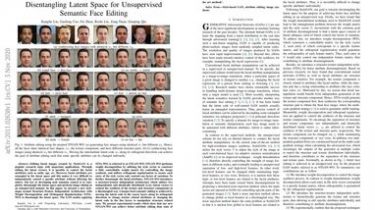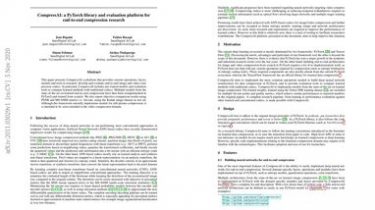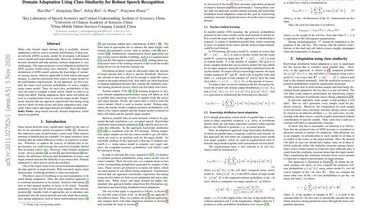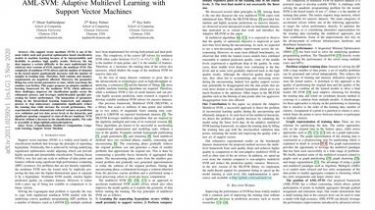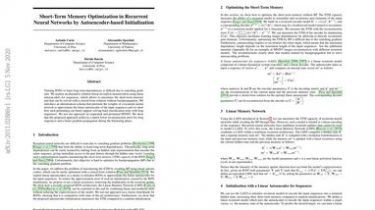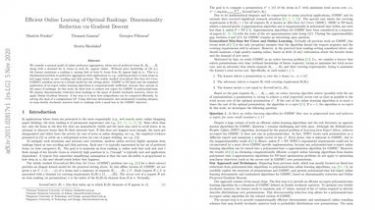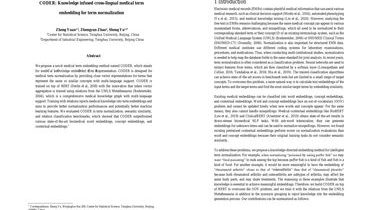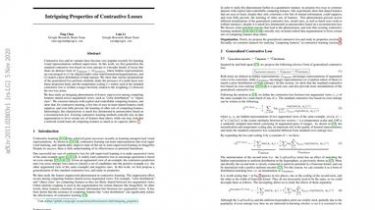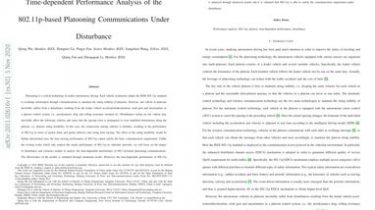Disentangling Latent Space for Unsupervised Semantic Face Editing
Editing facial images created by StyleGAN is a popular research topic with important applications. Through editing the latent vectors, it is possible to control the facial attributes such as smile, age, textit{etc}… However, facial attributes are entangled in the latent space and this makes it very difficult to independently control a specific attribute without affecting the others. The key to developing neat semantic control is to completely disentangle the latent space and perform image editing in an unsupervised manner. In […]
Read more